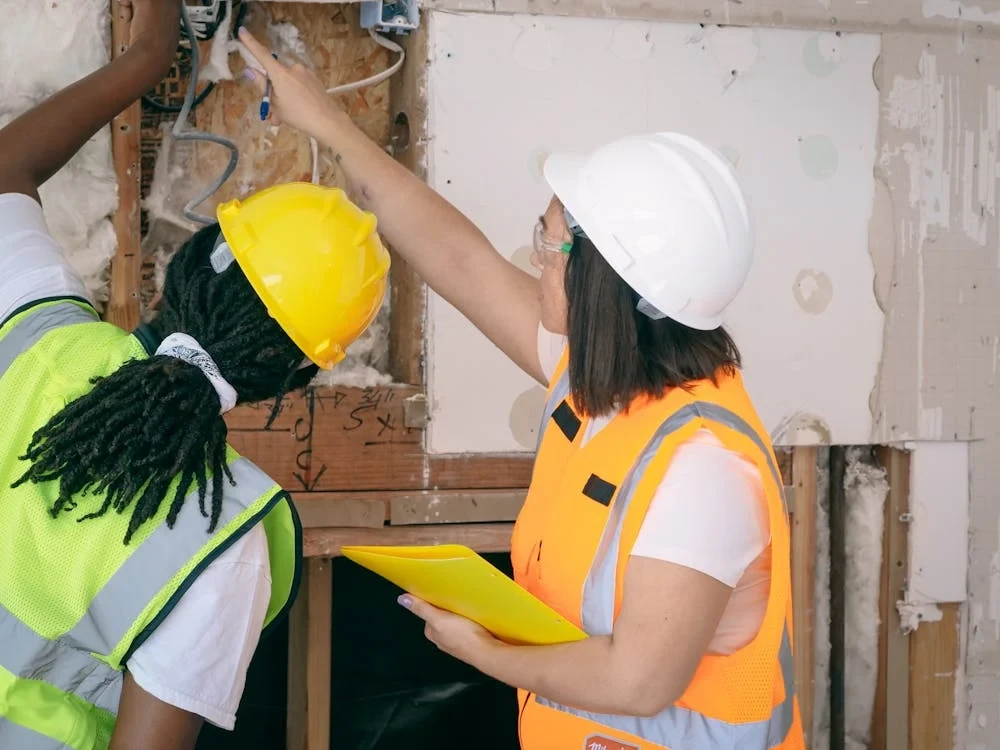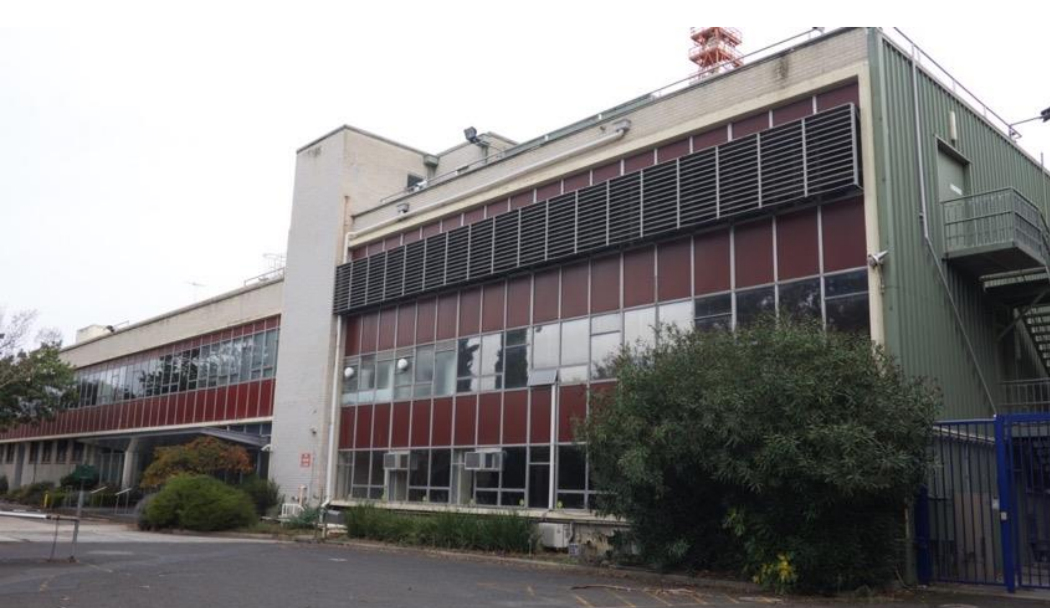Workplace asbestos exposure continues to have devastating consequences, as highlighted by a tragic case involving several former employees of the Australian Broadcasting Corporation (ABC). At least four individuals have died following prolonged exposure to asbestos at the broadcaster’s former Melbourne facilities, with more former staff likely to be affected in the years to come. This case serves as a stark reminder of the importance of asbestos compliance, monitoring, and safe removal practices in all workplaces.
The Asbestos Tragedy at ABC’s Melbourne Studios
Multiple former ABC staff members, including technical operators and broadcasters, developed fatal asbestos-related illnesses after working at the corporation’s old television studios in Elsternwick—used until 2017—and Broadcast House in Melbourne’s CBD, which housed ABC Radio until 1995.
Among them was Ziggy, a long-time ABC employee who dedicated 36 years to the organisation. Ziggy passed away from pleural mesothelioma in April 2024 at the age of 76. His daughter, Melissa, has since spoken about the profound impact of his diagnosis, which followed decades of unknowing exposure to asbestos fibres embedded in the studio environment.
Mesothelioma, a rare and aggressive cancer that forms in the lining of the lungs, is strongly linked to inhaling airborne asbestos fibres. Due to its long latency period, mesothelioma often develops decades after exposure, making early detection and proactive workplace safety measures critical.
Rising Claims Due To Asbestos Exposure
The ABC has acknowledged increasing compensation claims from former employees suffering from asbestos-related illnesses. According to records accessed via freedom-of-information laws, Comcare, the federal workers’ compensation authority, has provided settlements for at least four affected employees since 1990, all within the last four years.
With mesothelioma and related diseases often taking 20–50 years to manifest, the number of claims is expected to rise as more former workers come forward. In fact, one former ABC staff member, now in his 60s, sought medical screening only after hearing of a colleague’s diagnosis. He was subsequently diagnosed with lung scarring, a sign of possible asbestos-related disease.
Internal concerns over asbestos at ABC are not new. One former staff member recalled becoming aware of the issue during studio renovations in the late 1980s. Unsatisfied with the thoroughness of the initial clean-up, he and a colleague collected samples of insulation from the site in 1988. Tests later confirmed the presence of Blue Asbestos (crocidolite), one of the most hazardous forms of the mineral.
The Broader Risk of Asbestos Exposure in the Workplace
Asbestos exposure remains a serious health risk in many Australian workplaces, particularly those involving older buildings constructed before the national ban in 2003. When asbestos-containing materials (ACMs) are disturbed, such as during renovations or maintenance, microscopic fibres can become airborne and inhaled, lodging in the lungs and causing irreversible damage.
Industries including construction, manufacturing, telecommunications, and broadcasting are among the many where workers may unknowingly come into contact with ACMs. Employers have a legal and ethical obligation to ensure the health and safety of workers by identifying asbestos risks, conducting regular audits, and adhering to safe removal procedures under the Work Health and Safety (WHS) laws.
Why Compliance and Professional Asbestos Audits Matter

The case of ABC’s asbestos exposure underscores the importance of professional asbestos audits and ongoing monitoring. Delays in identifying or properly removing asbestos can lead to fatal consequences decades later. Organisations must not only comply with legislative requirements but also go above and beyond to protect their people.
At Global Asbestos Audits, we specialise in helping businesses and institutions manage asbestos risk through comprehensive inspections, reporting, and guidance in accordance with Australian safety standards. We work closely with property managers, facility operators, and employers to ensure safe environments today and in the future.
If you believe your workplace may contain asbestos, or if you’re unsure about your organisation’s current level of compliance, Contact Global Asbestos Audits today.
Early action saves lives.

